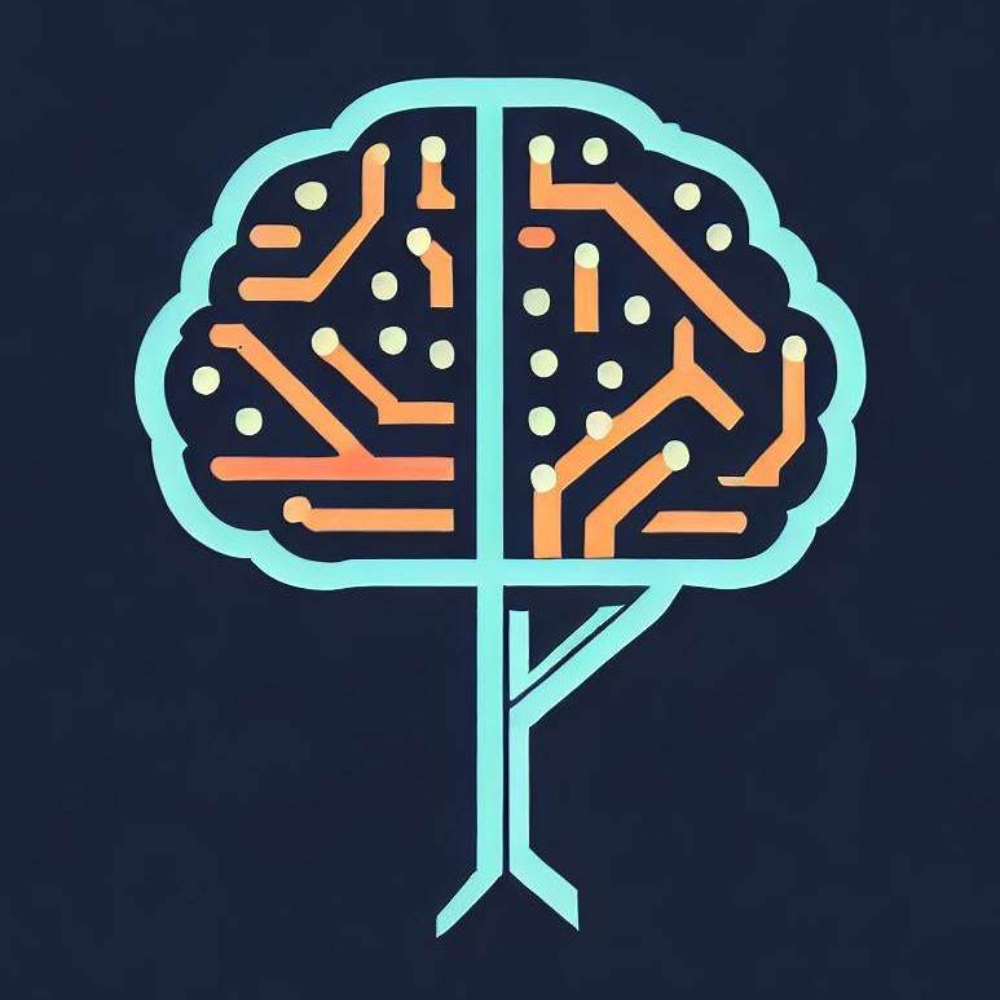OmniParse
OmniParse is an open-source platform for structuring any unstructured data From📄documents to 🌄images, 🎥 videos, and 🕸️web pages, it transforms data into actionable outputs optimized for your AI apps. ✅Fully local ✅No external APIs ✅Easy Docker Deploy

Related Products about OmniParse

Gaxu, an AI-powered marketing assistant at your service 24/7. Gaxu crafts engaging content, summarizes multi-media resources, creates ad visuals, and supports with marketing queries. It's like a full-scale marketing team, sans the cost.

Using our powerful generative AI technology, you can translate your audiobook, podcast, and more directly into lifelike audio in dozens of languages.

Aixplora: A customizable chatbot widget, easy to integrate via script tags or WordPress. Offers humor and varied personalities, powered by ChatGPT. Add your own knowledge for tailored interactions on any website.

IMGPT is a user-friendly marketing software that uses Generative AI to create custom Ad creatives for products and services. All you need is a URL to your page.

Transform your ideas into wearable art with our AI T-shirt generator. Discover endless AI designs, easily customize and preview mockups, and order high-quality, unique T-shirts. Perfect for expressing creativity, gifts, or starting a custom apparel business.

-OpenAI, Anthropic, Google, Meta, Perplexity, -flexible, affordable pricing under one roof, -branching chats, -system prompts on every chat, -prompt library & pre-prompting, -looping chains of thoughts, -quizzing yourself from chat; -internet access

Nucleum brings AI to crypto trading. Track market changes in real-time, create custom strategies without coding, and get instant backtest results. Stay ahead with alerts and optimize your portfolio effortlessly. Download Nucleum for smarter crypto investing.
